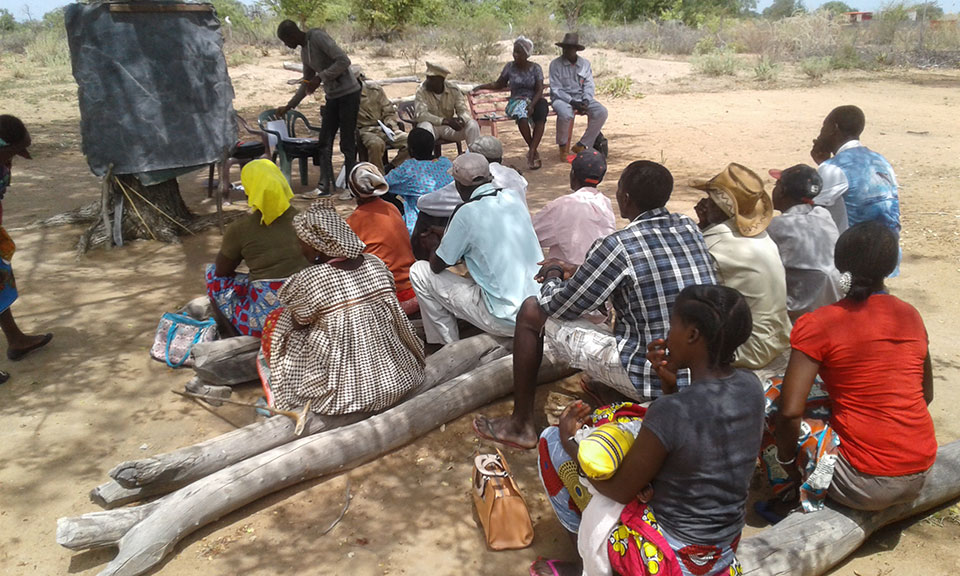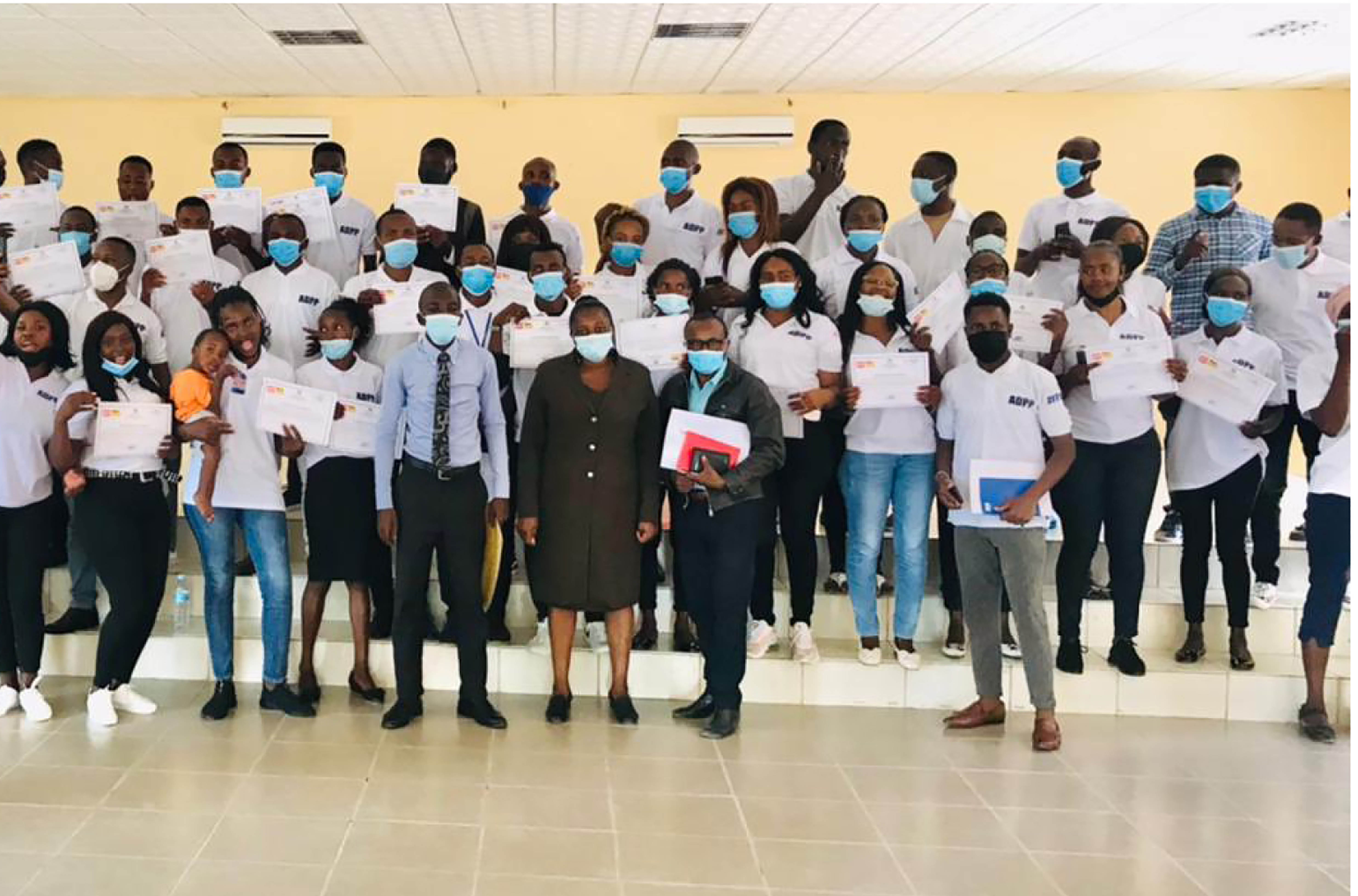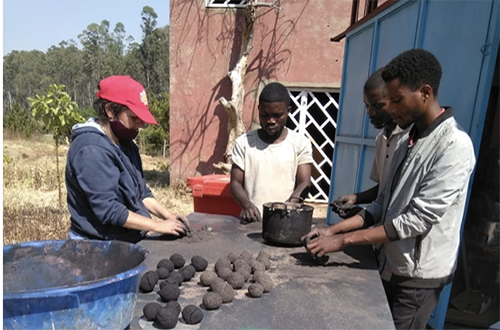
Through INTEGRATED DEVELOPMENT projects, ADPP aims to help build a country of dynamic, inclusive communities where everyone contributes to and benefits from development.
ADPP works to support locally-driven development, where communities are involved in prioritizing needs, deciding where to concentrate efforts, organizing and taking action together.
Projects which are shaped to a great degree by the active efforts of local communities can have a long-lasting effect on improving lives, especially when each component functions in itself while strengthening the outcomes of the other components. Integrated development projects also contribute to achieving a variety of national strategies and most of the Sustainable Development Goals.
TIMELINE
USAID’s Communities in Action for Peace and Inclusion...
USAID’s Communities in Action for Peace and Inclusion (CAPI) project aims to enhance peacebuilding and conflict...
GLOBAL GOALS
ADPP's integrated projects cover a wide range of local priorities and many of the global goals. Goals 1 through 5 are present in almost all projects, as well as goal 13 on Climate Change.
![]()
NEWS & STORIES
- All
- 40 Sessões Pedagógicas
- EPP
- Escolas De Magistério ADPP
- Formação Vocacional
- Default
- Title
- Date
- Random






